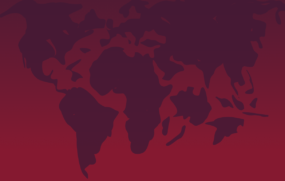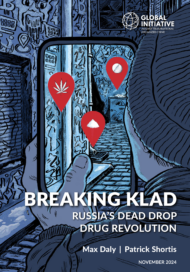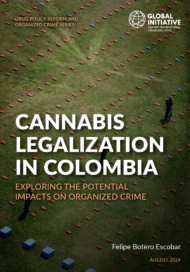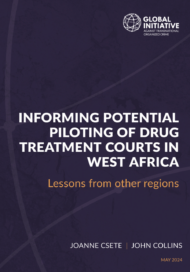Posted on 20 Jun 2012
The global war on drugs is driving the HIV/AIDS pandemic among people who use drugs and their sexual partners. Throughout the world, research has consistently shown that repressive drug law enforcement practices force drug users away from public health services and into hidden environments where HIV risk becomes markedly elevated.
Mass incarceration of non-violent drug offenders also plays a major role in increasing HIV risk. This is a critical public health issue in many countries, including the United States, where as many as 25 percent of Americans infected with HIV may pass through correctional facilities annually, and where disproportionate incarceration rates are among the key reasons for markedly higher HIV rates among African Americans.
Aggressive law enforcement practices targeting drug users have also been proven to create barriers to HIV treatment. Despite the evidence that treatment of HIV infection dramatically reduces the risk of HIV transmission by infected individuals, the public health implications of HIV treatment disruptions resulting from drug law enforcement tactics have not been appropriately recognized as a major impediment to efforts to control the global HIV/AIDS pandemic.
The war on drugs has also led to a policy distortion whereby evidence-based addiction treatment and public health measures have been downplayed or ignored. While this is a common problem internationally, a number of specific countries, including the US, Russia and Thailand, ignore scientific evidence and World Health Organization recommendations and resist the implementation of evidence-based HIV prevention programs – with devastating consequences. In Russia, for example, approximately one in one hundred adults is now infected with HIV. In contrast, countries that have adopted evidence-based addiction treatment and public health measures have seen their HIV epidemics among people who use drugs – as well as rates of injecting drug use – dramatically decline. Clear consensus guidelines exist for achieving this success, but HIV prevention tools have been under-utilized while harmful drug war policies have been slow to change.



